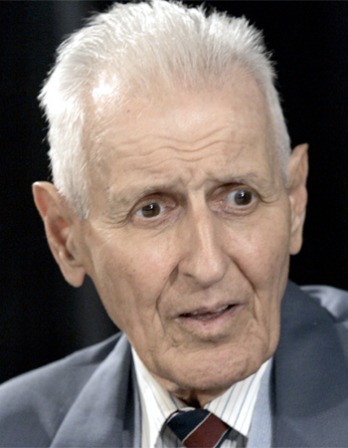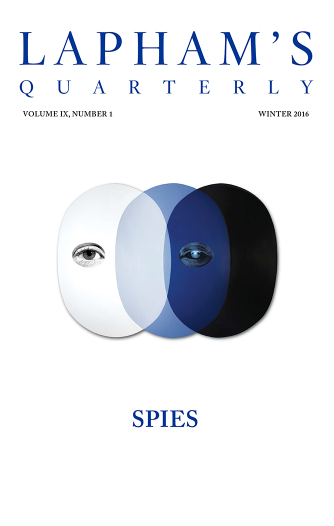Time is not an empirical conception. For neither coexistence nor succession would be perceived by us if the representation of time did not exist as a foundation a priori. Without this presupposition we could not represent to ourselves that things exist together at one and the same time, or at different times, that is, contemporaneously, or in succession.
Time is a necessary representation, lying at the foundation of all our intuitions. With regard to phenomena in general, we cannot think away time from them and represent them to ourselves as out of and unconnected with time, but we can quite well represent to ourselves time void of phenomena. Time is therefore given a priori. In it alone is all reality of phenomena possible. These may all be annihilated in thought, but time itself, as the universal condition of their possibility, cannot be so annulled.
On this necessity a priori, is also founded the possibility of apodictic principles of the relations of time, or axioms of time in general, such as, “Time has only one dimension,” “Different times are not coexistent but successive,” (as different spaces are not successive but coexistent). These principles cannot be derived from experience, for it would give neither strict universality nor apodictic certainty. We should only be able to say, “so common experience teaches us,” but not it must be so. They are valid as rules, through which, in general, experience is possible; and they instruct us respecting experience, and not by means of it.
Time is not something which subsists of itself, or which inheres in things as an objective determination, and therefore remains, when abstraction is made of the subjective conditions of the intuition of things. For in the former case, it would be something real, yet without presenting to any power of perception any real object. In the latter case, as an order or determination inherent in things themselves, it could not be antecedent to things, as their condition, nor discerned or intuited by means of synthetical propositions a priori. But all this is quite possible when we regard time as merely the subjective condition under which all our intuitions take place. For in that case, this form of the inward intuition can be represented prior to the objects, and consequently a priori.
Time is nothing else than the form of the internal sense, that is, of the intuitions of self and of our internal state. For time cannot be any determination of outward phenomena. It has to do neither with shape nor position—on the contrary, it determines the relation of representations in our internal state. And precisely because this internal intuition presents to us no shape or form, we endeavor to supply this want by analogies, and represent the course of time by a line progressing to infinity, the content of which constitutes a series which is only of one dimension; and we conclude from the properties of this line as to all the properties of time, with this single exception that the parts of the line are coexistent, while those of time are successive. From this it is clear also that the representation of time is itself an intuition, because all of its relations can be expressed in an external intuition.
Time is the formal condition a priori of all phenomena whatsoever.
From Critique of Pure Reason. Kant was born in Königsberg, attended the city’s university, and then became a professor there; it is said that he never traveled more than fifty miles from his home and that his daily routine was so carefully kept that his fellow citizens could set their clocks by when they saw him taking his midafternoon walk. Kant was so perturbed by the negative reactions to his Critique of Pure Reason that two years after its publication he sought to clarify his claims in Prolegomena to Any Future Metaphysics that Will be Able to Come Forward as Science.
Back to Issue




